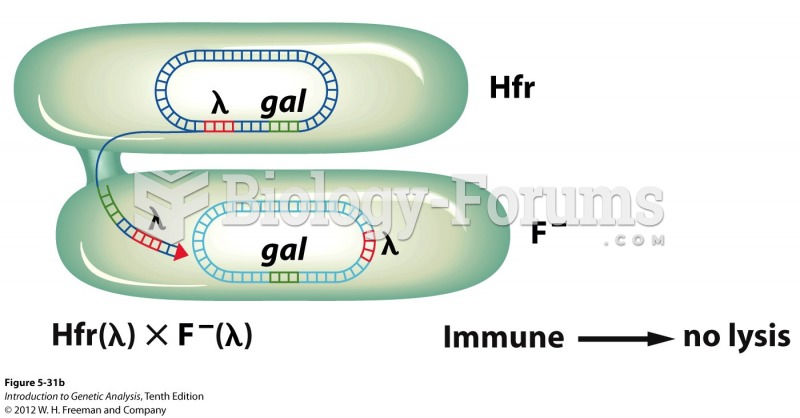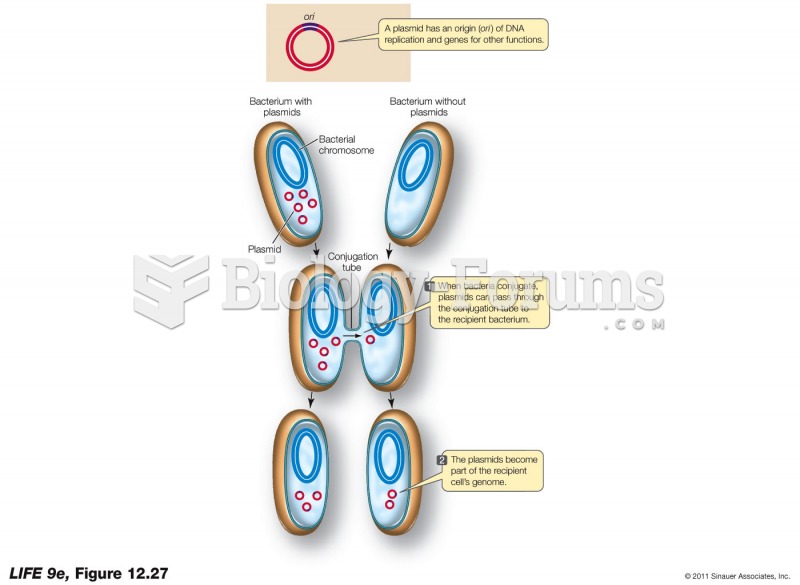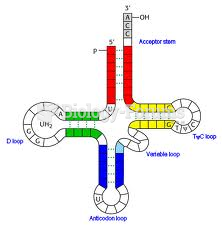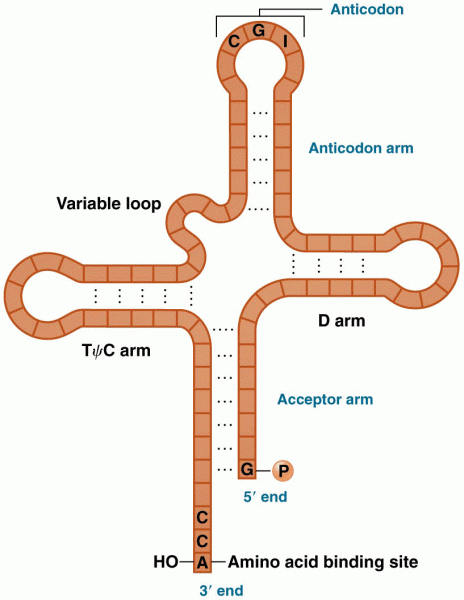This topic contains a solution. Click here to go to the answer
|
|
|
Did you know?
More than one-third of adult Americans are obese. Diseases that kill the largest number of people annually, such as heart disease, cancer, diabetes, stroke, and hypertension, can be attributed to diet.
Did you know?
Approximately 500,000 babies are born each year in the United States to teenage mothers.
Did you know?
The longest a person has survived after a heart transplant is 24 years.
Did you know?
Vaccines prevent between 2.5 and 4 million deaths every year.
Did you know?
The most common childhood diseases include croup, chickenpox, ear infections, flu, pneumonia, ringworm, respiratory syncytial virus, scabies, head lice, and asthma.







